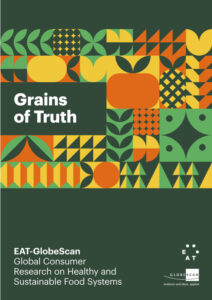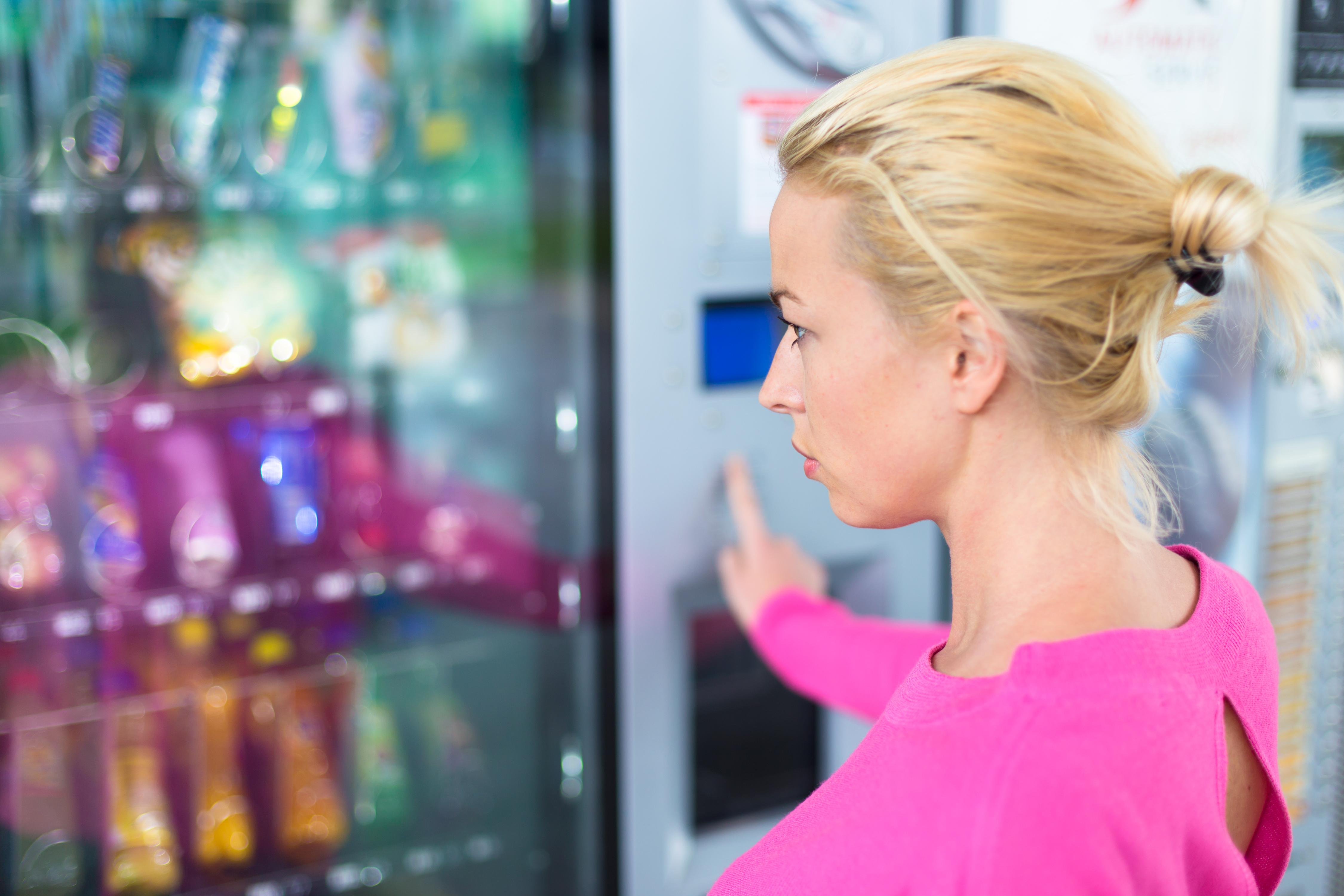 Just part of other people international (53%) to find purchasing wholesome and sustainable meals simple in line with a brand new international client analysis survey carried out by means of GlobeScan, an insights and technique consultancy, and EAT, the science-based non-profit for international meals device transformation.
Just part of other people international (53%) to find purchasing wholesome and sustainable meals simple in line with a brand new international client analysis survey carried out by means of GlobeScan, an insights and technique consultancy, and EAT, the science-based non-profit for international meals device transformation.
However, the largest stumbling blocks for individuals who to find it tough to shop for wholesome and sustainable meals is affordability (48%) and availability (36%), with 1 / 4 of other people announcing that they don’t know what wholesome and sustainable meals is.
The findings featured on this new document, Grains of Truth, take a look at the reviews of over 30,000 shoppers in 31 markets world wide about their definition of excellent, wholesome, and sustainable meals. The survey additionally requested other people about different problems together with their largest issues about meals manufacturing and the demanding situations they face buying wholesome and sustainable meals, in addition to who will have the largest sure affect in developing a healthier and sustainable meals device. This analysis has been performed as a part of the process across the United Nations Food Systems Summit, the place EAT has led Action Track 2 enthusiastic about moving intake towards sustainable patterns.
While many of us combat with working out what wholesome and sustainable meals is, there could also be an working out that the 2 phrases have other meanings. The hottest descriptions of wholesome meals are nutritious (47%), natural (47%), and unprocessed/complete (44%). For sustainable meals, the highest 3 descriptions are just right for the surroundings (51%), natural (42%), and in the neighborhood grown (34%).
Different generations have identical perspectives on sustainable meals, however there are variations on the subject of wholesome meals. Gen Z are perhaps to explain wholesome meals as tasty and nutritious, whilst Baby Boomers affiliate it with unprocessed/complete and in the neighborhood grown meals.
When making an allowance for one of the crucial problems with the meals device, the 2 largest issues are use of chemical insecticides and fertilizers (81%) and single-use plastic waste from meals packaging (78%). These are intently adopted by means of starvation and weight problems, with 76 in step with cent of other people announcing that they’re excited about each problems. These issues are supported by means of the truth that one in 11 persons are chronically hungry and {that a} 3rd of the sector’s inhabitants is obese. The factor that persons are least excited about is the transportation of meals.
Perhaps unusually, worry about every of the problems has a tendency to extend with age, with Gen Z on moderate being the least involved and Baby Boomers essentially the most involved. From a regional point of view, shoppers in Latin America, Africa, and Southern Europe categorical the most powerful issues in regards to the meals device.
Nearly part of customers (46%) imagine that the duty to make sure exchange to create a healthier and sustainable meals device lies with nationwide governments. Over a 3rd (37%) suppose meals and beverage firms are highest positioned to reach this, whilst 23 in step with cent see other people like themselves with the ability to affect sure exchange, and one in 8 (15%) see younger other people as robust brokers of exchange.
Speaking in regards to the analysis, Dr Gunhild Stordalen, EAT founder and govt chair, mentioned: “There is a lot to be encouraged by in this research – with people around the world understanding the important role they can play in changing food systems through their own consumption patterns. But there are also still huge amounts to be worked on by both governments and food manufacturers – it is these actors that consumers see as holding the power and that consequently they will listen to. And crucially, even though people want to move to more healthy and sustainable eating habits, they currently do not believe they can because in their view, product prices are either too high or difficult to find. This is something policy makers, retailers, and manufacturers need to work on and improve, so we can all work together on driving healthier consumption patterns.”
Chris Coulter, leader govt of GlobeScan mentioned: “This timely research provides a roadmap for consumer expectations for a sustainable food system. Demonstrating environmental integrity is a definer of sustainable food for people around the world and there are very high levels of concern for a range of issues affecting the food system, from pesticide use to plastics, to obesity, to impacts on nature. In addition, consumers hold government and business especially responsible for delivering a sustainable food system.”

